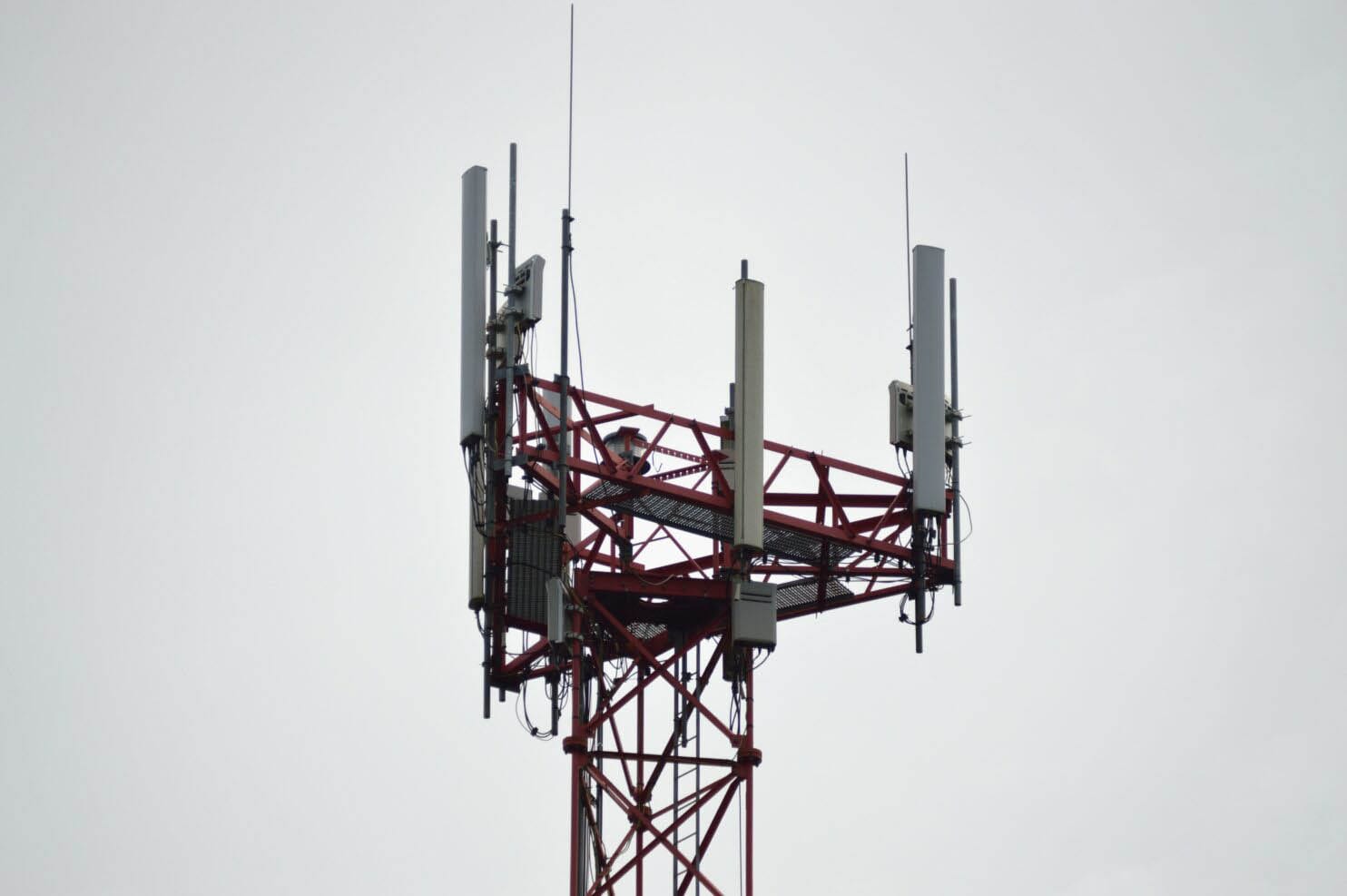
The Rise Of 5G And Cybersecurity
5G is the fifth generation of wireless technology. It has faster download speeds, greater coverage, and lower latency, while will improve technology and innovation across the board. According to PCMag, “While most generations have technically been defined by their data transmission speeds, each has also been marked by a break in encoding methods, or ‘air interfaces,’ that make it incompatible with the previous generation.”
5G was recently launched in some Indianapolis neighborhoods, but it only works on certain phones that can handle the bandwidth. Indianapolis has become a hub for technology in recent years and Verizon’s investment of 5G in the city confirms it’s not slowing down.
WHAT WILL IT DO?
5G will allow you to download your Netflix shows faster, ensure your driverless car is safer, and make IoT faster. It can reach download speeds as high as 20 gigabits-per-second. With more capacity and higher speeds, 5G will allow more devices to seamlessly connect to one another. It’s also likely to have a positive influence on AgTech or Precision Ag, the use of IoT applications or technology in agriculture.
It has the potential to revolutionize the technology industry, literally connecting things together better than ever.
5G AND SECURITY THREATS
With new technology comes new security concerns. Despite 5G having stronger data encryption and verification system than it’s predecessor of 4G, experts say that “the weak link in 5G’s security is likely to be communication between devices connected to the internet.”
Cybersecurity attacks cost companies a lot of money – the NoyPetya attack in 2017 cost $10 billion in corporate losses, before 5G even existed. It is incredibly important for organizations to be better risk-informed and put emphasis on cybersecurity following the rollout of 5G.
According to Forbes, industries like connected vehicles and healthcare pose specific security problems with 5G security. Entries for attacks will vastly expand. 5G brings a lot of benefits to this technological era, but those benefits can be outweighed without the necessary cybersecurity precautions. Instead of spending money on cleaning up the aftermath of a cyberattack, organizations should be preparing and putting money towards preventing them accordingly.
WHAT YOU CAN DO
The most important thing you can do is be proactive instead of reactive. Putting money towards your cybersecurity attempts can save you thousands, if not millions, in the long run.
- Follow the NIST Cyber Security Framework: Identify, Protect, Detect, Respond, and Recover
- Get a data governance strategy in place
- Review your data frequently. The more you review, the easier it is to spot mistakes and attempted attacks.
Get started on your data strategy today. Receive a free consultation when you reach out to one of our consultants today.